The content of the article
When a pet falls ill, it is always excitement, trouble and worry. And who is more worried - the pet or its owner - is hard to say. But for some reason, few cat owners pay attention to the seemingly insignificant problem, like a broken mustache. Often a broken mustache is not just a physiological feature, but gives a signal that something is wrong in the body. This is especially important when it comes to a little kitten. A little fluffy little ball just started to live, and he already started having such problems - perhaps something is wrong with him. And it is not clear whether the antennae broke on their own (quite possibly), or need the help of a veterinarian.How to determine whether the owner should be worried about finding a broken mustache in a kitten?
When is breaking a mustache a natural process?
Hosts who are too worried about the integrity of the whiskers of their pet, you need to know - vibrissae (the so-called cat whiskers are scientifically) also fall out naturally. This process is laid by nature and is as natural as moulting in dogs or cats. Feline vibrissae every three to four months should be updated, that is - the old mustache falls out, and the new one takes its place. But, if the antennae constantly break off, then here we must be worried and look for the cause.
There are cases when a cat runs without a mustache. The following reasons contribute to this:
- Features of the breed. Whiskers do not grow in sphinxes and some hybrid breeds with this type of cat.
- A curious kitten very often learns a lot of new things, but young mustaches become the board. Sometimes, the vibrissae of a young researcher who has climbed to some place break off partially, sometimes completely. And still mom-cat, trying to calm the child and prove that she is the main one in the family, bites his mustache.
- Often a young cat loses a mustache as a result of a collision with a tribesman - after a fight there are many chances of losing vegetation on his body.
These are natural causes, not worth the excitement - a short time will pass, and everything will be restored.
Causes for breaking a whisker
There are a lot of reasons why a kitten can lose a mustache. Here are the most common:
- The air in the house is too dry. If the air in the apartment is too dry (which is often the case in winter, when there is a large number of heaters), then the kitten’s mustache may start to break. This can happen to any cat.
- Kitten too often bathe using bad shampoos. Often bathing a cat, and even while washing it with low-quality shampoos, the owner easily does everything so that the seborrhea occurs in the pet, a skin disease. At which vibrissae also break off and fall out.
- The kitten is growing up. During the transitional age in a kitten metabolism is disturbed, as a result, the whiskers can also break off.
Diseases that can break a mustache
One of the reasons leading to the loss of whiskers is that the kitten is eating and drinking improperly. Seeing that the four-legged friend refuses water or, on the contrary, he began to drink a lot and often, the owner should be wary and think about a visit to the doctor.The fact that the whiskers are broken off is rather not the cause of the disease, but one of the symptoms.
With food in the same way - if the diet is poorly balanced, then the mustache is no longer elastic and breaks as soon as the kitten jumps or falls. There are different cases when imbalance of power may occur:
- Artificial products. Although the feed and write about the availability of useful minerals and essential vitamins, in fact, they are often made from products useless for cats. Especially if it is cheap products. Sometimes an animal simply does not tolerate this or that feed. And the most dangerous is the fact that dyes, various additives with chemical components are added to the feed. This not only harms the mustache, but also the feline body in general.
- Natural products. In this case, the cause most often happens in the surrogate components from which the product is made. It is not always possible to know with confidence what the meat was processed with, what exactly the curd was made from, it is not known whether chemicals were added to milk. The cat's body, by its nature, has a very high sensitivity to such components and it is quite likely that it was because of them that the kitten began to lose its whiskers.
- Food allergies. The kitten suffers from allergic reactions to any product, and not only does it get wool and vibrissae, but also tears flow, itchy skin and there are signs of dermatitis.
- Avitaminosis. The animal simply lacks the necessary vitamins, which leads to damage to the whiskers.
- Violations of the hormonal system. In cats, it is often possible to determine the functioning of the thyroid gland by the whiskers. Hypothyroidism is often manifested - inhibition or hyperthyroidism - a very large activity. Signs are too big or low weight, thinning of the hair, its loss (and mustache too). Seeing this, you can understand - the young animal has a thyroid problem.
Fungal diseases and parasites
Infection of a cat with an infection or any parasites is a very scary thing, and the owner can notice this precisely because pet whiskers began to fall out along with the coat. The parasites in the body simply gnaw through the cat's hairs and choose the bulbs as a place to live. And if the fungus starts, it completely damages all the subcutaneous layers, and the whiskers cannot grow. Moreover, they wrap, grow into the skin, forming quite painful purulent follicles.
What to do if the kitten began to break down and fall out mustache
Noticing the problems with the mustache of a little cat, you must immediately take action. Otherwise the animal will get stressed. If you are sure that the breaking of the whiskers is not influenced from the outside (and this is easy to determine when you see damaged vibrissae on one side only), you need to start with feeding the pet. The diet is the most common cause, as some components are simply not digested. Perhaps it lacks some vitamins or minerals. It’s not necessary to find out what exactly the kitten lacks, it’s better to contact a specialist and he will determine.
Prevention
So that the young pet doesn’t have problems with the whiskers, you need to take a closer look at him and follow some rules.
- The kitten should be fed a balanced, high-quality meal. An organism that receives everything necessary for further development will be pleased with health.
- If there are other pets in the house, you need to do everything so that the kitten is protected from them. He will grow up - he will be able to give them change himself, but so far small (up to 3 months) it is better not to allow any clashes and showdowns.
- To prevent uninvited parasitic guests from settling in the cat's body, it is necessary to constantly wash the cat and give antihelminthic drugs.
Of course, that the necessary quality assistance can be provided only when referring to veterinarians. And if you constantly visit veterinary specialists, all potential problems concerning cat health can be found out even before they occur. And without problems, do everything so that complications leading to the loss of whiskers do not arise.
Video: what happens if you cut a mustache cat?

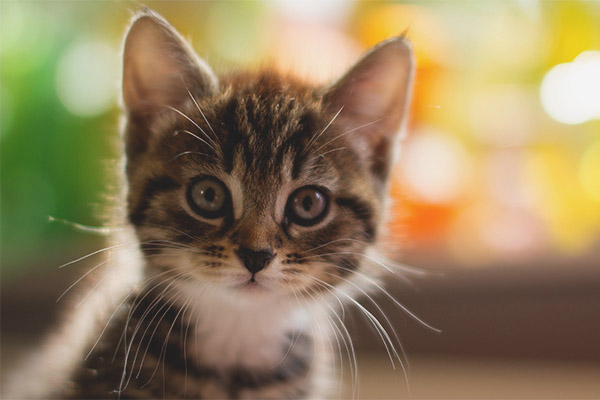
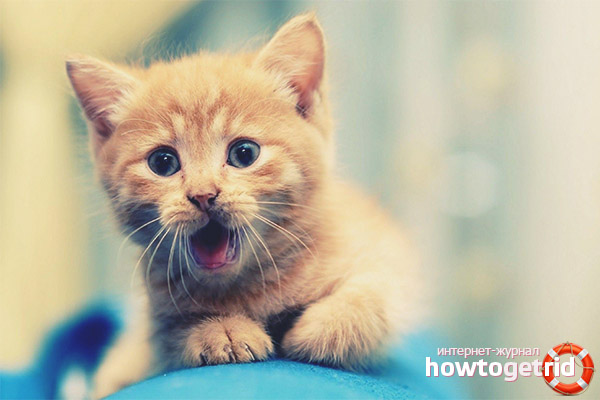

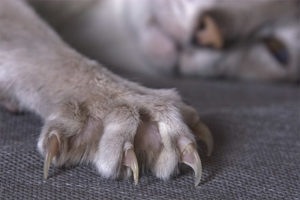
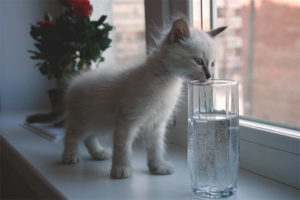
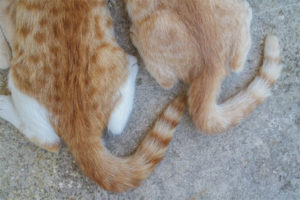
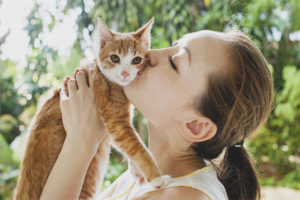
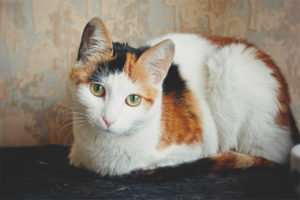
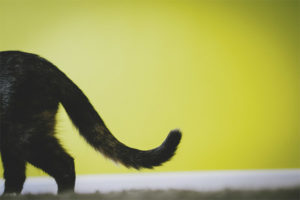


To send